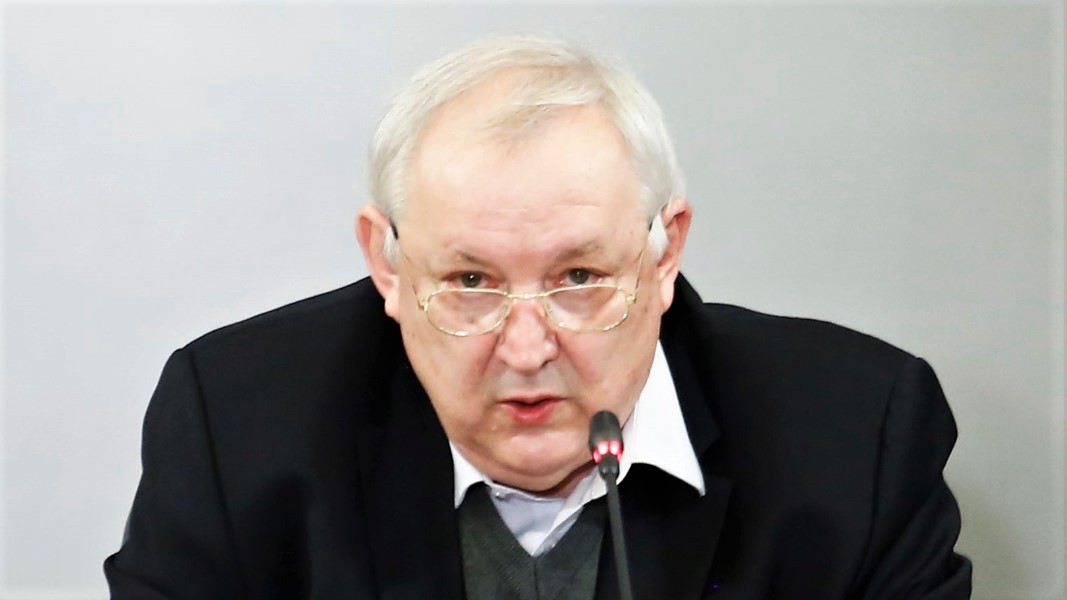The construction sector is among the most affected by the coronavirus pandemic and soaring prices of materials are further hampering its normal functioning. However, builders see a ray of optimism in the Recovery Plan and in the operational programs, from which funding for a number of activities and projects is expected next year.
It is no coincidence that at the beginning of the pandemic in developed countries, it was thought that construction was the engine that would pull the economy out of the emerging global crisis, Valentin Nikolov, executive director of the Bulgarian Construction Chamber, recalls. But at the backdrop of the second year of an extremely difficult cycle for the whole world, the situation in the sector has become very complicated.
"We are talking about an extreme rise in prices,” Valentin Nikolov says. “Construction is a conservative industry, the investment process is slow and when planning is done under certain conditions and then they drastically change, there is a serious collapse of the market. While the old democracies still have some mechanisms for counteraction, we have been lagging behind. In addition, there is no dialogue with the government."

According to the expert, the pandemic has triggered many processes in which the problems turn out to be extremely complex and their solution would take a long time. This is the reason why the Bulgarian Construction Chamber has called for a meeting with the caretaker Prime Minister Stefan Yanev.
"We want to propose price indexation with a ministerial decree,” Eng. Valentin Nikolov says. “At the same time, serious work must be started by the expert community and by the legislature for the development of a comprehensive working mechanism. Changes in many laws and regulations are required so that we can achieve the Western European model. We have to go together as that is the key to balancing the interests of all participants in the processes."
It is not true that the profit rate in the construction industry is quite high, Eng. Valentin Nikolov says and adds:
"The profit from construction in Bulgaria is normal. There is this false impression that it is too big and inflated. However, it is different in different sectors of construction, because each has its own specifics and this is the approach of our colleagues in Western Europe. For example, in Luxembourg, inflation growth of up to 2% is covered by the contractor. And when such a collapse of the market occurs in a short period of time, then in the separate sectors - high-rise construction, road construction, electrical construction, plumbing, etc., the price of the product is adjusted by a different percentage."
In Bulgaria, high-rise construction is expected to be in the most difficult situation, as it includes almost all elements of other construction sectors, Eng. Nikolov forecasts.
Compiled by: Diana Tsankova /based on an interview with BNR "Hristo Botev"/
English: Alexander Markov
Photos: Ani Petrova, BGNESAfter the election for parliament on 27 October, the caretaker government has to submit a draft of a budget for 2025 to parliament by the end of the month. Some economic analysts say the budget of the country for 2024 is the worst in the past decade. Holes..
Bulgaria's economy will grow by 2.3 per cent this year. This is according to the latest World Economic Outlook prepared by the International Monetary Fund and presented today in Washington. This is down from the Fund's April estimate, which predicted that..
In 2023, the government budget deficit was 2% of GDP or €1.9 billion. This is indicated by the final data of the National Statistical Institute. This is a significant narrowing of the budget deficit compared to the previous 3 years...

+359 2 9336 661
